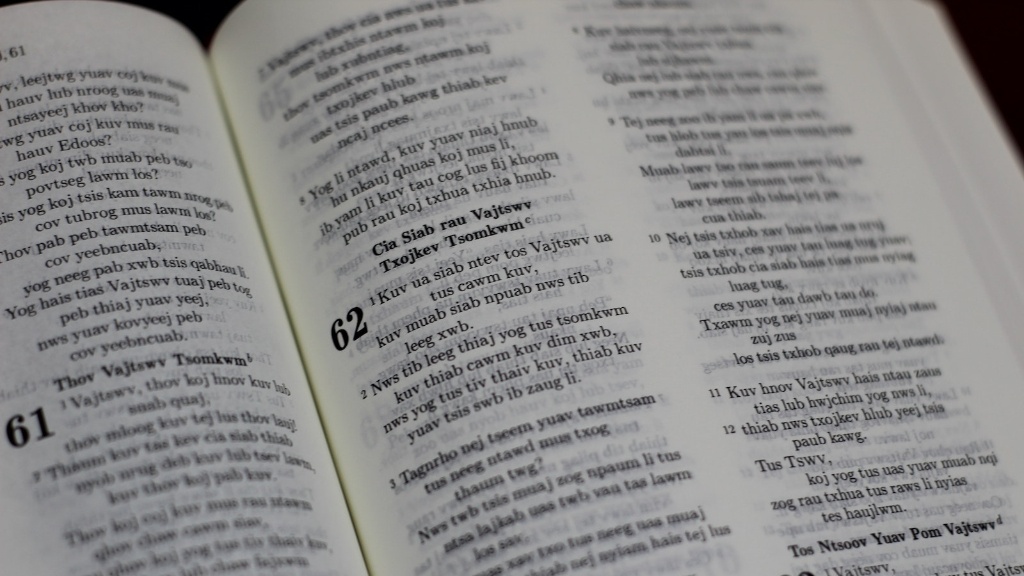What does the Bible say about Babylon
Babylon is the name of an ancient city in Mesopotamia, modern-day Iraq, first mentioned in the Bible in the book of Genesis. The city is renowned for its wealth, culture and diversity, but also for its sinfulness and corruption. Throughout the Bible, Babylon is referenced multiple times and its relevance to the Christian faith has created many questions regarding its meaning in the Bible.
The Bible is full of references to Babylon and its wickedness. In the book of Revelation, Babylon is described as “the great whore”, a symbol of unchecked greed and impurity. In Isaiah 13:19, God says “Babylon is suddenly fallen and destroyed” in response to the city’s sin. The book of Jeremiah contains some of the most direct examples of God’s disapproval of Babylon, with Jeremiah condemning the city’s pagan practices and idolatration. God even pays a visit to the city, warning residents of its eventual destruction.
But it wasn’t just Babylon that God was condemning. In many stories, Babylon is used as an example of how a city can easily become ungodly and suffer for its sin. God’s anger and disappointment with the city of Babylon is used as a warning for all people. He shows that sin and impurity can spread quickly and have disastrous consequences. In the same way, God uses Babylon to show us that it is never too late to turn towards Him; Nebuchadnezzar, the city’s former king, is given the opportunity to repent and is ultimately restored.
For Christians, Babylon is not only a warning about sin, but also sign of redemption. One of the most well-known stories of Babylon is the tale of Daniel, who was thrown into a lion’s den because he refused to worship Babylonian gods. God intervenes, proving his power over Babylon and Babylonian gods, ultimately saving Daniel. In this story, Babylon is used to show how God is still in control, even in the midst of chaos. The story also demonstrates how God is always willing to forgive and redeem people, no matter their sins.
The Corruption of Babylon
The Bible describes Babylon as a place of corruption, sensuality and sin. In Jeremiah 51:7, God says “Babylon hath been a golden cup in the Lord’s hand, that made all the earth drunken”. In this passage, Babylon is used as an example of a city filled with wealth and excess, with the human desires for pleasure and power driving it further and further away from God. This is further emphasized in Revelation 17:1-6, where it is said that Babylon will be a great city full of impurity and violence. The Bible also describes Babylon as a “harlot”, a prostitute who has turned her back on God’s teachings.
The corruption of Babylon can be seen in many aspects of the city. From its idolatrous worship to its oppressive economic practices, Babylon was a place of debauchery, greed and lust. The city was full of people who were only looking out for their own interests, and many of the city’s leaders were power-hungry, ruthless and cruel. In this way, the city of Babylon became a symbol of sin and evil.
The corruption of Babylon serves as a warning to all people about the dangers of sin. It serves as a reminder that people are responsible for their own actions and that it is never too late to turn away from sin and choose righteousness. As the Bible says in Isaiah 12:2, “And it shall come to pass that Babylon shall be plucked up by the roots, and the lord shall scatter her seed to the four winds”. In this way, Babylon serves as a warning to all people that evil and sin can lead to a downfall if it is not dealt with swiftly.
What Does The Bible Teach Us About Babylon
The Bible teaches us many things about Babylon and its corruption. Firstly, the Bible serves as a warning about the consequences of sin and how evil and impurity can lead to a downfall. However, the Bible also teaches us that Babylon is a place of redemption, of hope and of forgiveness. Despite all of the evil that occurred in Babylon, God is still willing to forgive and redeem those who turn to Him.
The Bible also teaches us about the importance of community and faith. Despite the corruption of Babylon, there were still Marduk and Ishtar cults and other religious systems in place in the city. This shows us that faith is not just a personal thing, but something that people can share and come together around. Faith is something that can be found in even the darkest of places, and it is something that can bring people hope and comfort in difficult times.
Finally, the Bible teaches us that God is still in control, even in the midst of chaos. The story of Daniel’s salvation is a reminder that God is ultimately in control and that He will always be there to help us in times of need. No matter how dark and chaotic the world may seem, we can still trust in God and know that He will always be there to help us.
The Significance Of Babylon
Babylon has had a significant impact on Christianity and the wider world. For some people, Babylon is a reminder of the dangers of sin and unchecked greed. The city serves as a warning to all people that unchecked pleasure and power can corrupt and destroy. The tale of Daniel and his rescue serves as a reminder of God’s mercy and power, and how He is always waiting to forgive and redeem us, no matter how tragic our situation may seem.
For others, Babylon is a symbol of redemption. Despite all the sin and wickedness of the city, God was still willing to forgive and offer redemption. This serves as a reminder that no matter how far we may have strayed from God, it is never too late to return to Him. The story of Babylon serves as a reminder that we can always come back to God and receive His mercy and grace.
Babylon has also had an impact on the wider world. The city was renowned for its culture, wealth and diversity, and these aspects have helped to shape the modern-day world. Babylon was a melting pot of different cultures and religions and has helped to create the understanding that there is value in diversity and respect for other beliefs.
The Legacy Of Babylon
The legacy of Babylon is still prevalent today. The city has had an impact on the political, social and religious landscape of the world. The city was a melting pot of different traditions and cultures, and this has had a lasting influence on the world. For example, the city of Babylon was the birthplace of the Code of Hammurabi, one of the earliest codes of law in the world. This code has had a lasting influence on the field of law and is still used today in some countries.
The legacy of Babylon is also seen in the languages and religions found in the Middle East. The Aramaic language was developed in Babylon, and is still spoken in parts of the Middle East today. Arabic, another language found in the region, was heavily influenced by Babylonian culture and customs. Babylonian culture also served as the backdrop for many of the stories in the Bible, and even today the city of Babylon is revered for its importance in the Bible.
Finally, the legacy of Babylon can be seen in the importance of faith, community and redemption. The story of Daniel and his salvation serves as a reminder of how God is always there to forgive and redeem us, no matter what we may have done. The city of Babylon is a reminder that faith is a powerful force that can bring people together in times of darkness, and that there is always hope and redemption in the face of evil.




